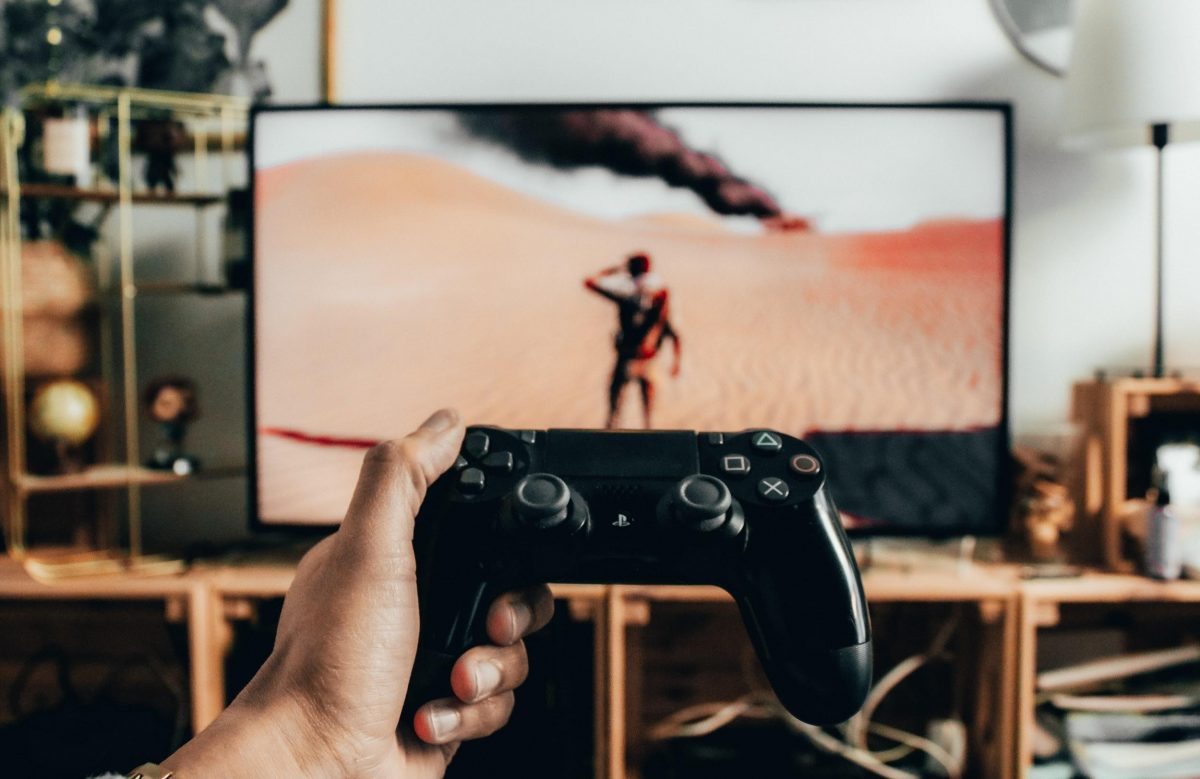Recently, the concept of utilizing video games for purposes beyond entertainment has gained significant traction. Contrary to conventional beliefs, studies have indicated that video games can have a positive impact on both physical and mental health. With a growing body of research highlighting the potential therapeutic benefits of video games, an innovative approach to health and well-being has emerged, transcending traditional methods. This article explores the multifaceted ways in which video games can be harnessed to foster holistic wellness and improve mental resilience, underscoring their potential to revolutionize the healthcare landscape.
- The Emerging Field of “Game Therapy”: As the boundaries between technology and healthcare continue to blur, the concept of “game therapy” has gained momentum. Game therapy involves using specially designed video games to address specific health concerns, including physical rehabilitation, cognitive enhancement, and emotional well-being. Research has demonstrated the efficacy of tailored gaming experiences in improving motor skills, cognitive function, and overall psychological well-being, thereby contributing to a comprehensive approach to healthcare.
- Physical Health and Gaming: Engaging in certain types of video games has been linked to improved physical health. Exergaming, a term used to describe video games that require physical activity, has gained recognition for its potential in encouraging individuals to participate in regular exercise routines. From virtual reality fitness programs to motion-sensing consoles, these interactive gaming experiences not only promote physical activity but also make workouts more engaging and enjoyable, thus addressing the issue of sedentary lifestyles.
- Mental Health Benefits of Gaming: Beyond physical health, video games have demonstrated the potential to bolster mental well-being. Several studies have indicated that strategic and puzzle-based games can enhance cognitive function, improve problem-solving abilities, and stimulate critical thinking. Additionally, certain game genres, such as simulation and role-playing games, have been associated with stress reduction and mood elevation, acting as effective tools for relaxation and emotional regulation.
- Building Social Connections Through Gaming: Contrary to the misconception that gaming fosters social isolation, online gaming platforms and multiplayer experiences have facilitated the creation of robust social communities. By providing a virtual space for interaction and collaboration, video games have the capacity to cultivate meaningful relationships and foster a sense of belonging, particularly for individuals who may face social challenges in traditional settings. This social aspect of gaming can significantly contribute to improved mental health and emotional resilience.
- Challenges and Ethical Considerations: While the integration of video games into healthcare practices presents promising opportunities, it is crucial to address potential challenges and ethical considerations. These include concerns regarding excessive screen time, the risk of addiction, and the need for responsible gaming practices. Implementing guidelines for balanced gameplay, ensuring age-appropriate content, and encouraging moderation are essential in maximizing the benefits of gaming without compromising overall well-being.
Several companies have made significant strides in producing video games specifically designed to promote physical and mental well-being. These companies have focused on developing games that cater to various aspects of health, including physical fitness, cognitive stimulation, and emotional well-being. Some notable examples of brands showcasing the benefits of video games include:
- Nintendo: With its innovative Wii console and subsequent releases, Nintendo has been a pioneer in the realm of exergaming. Their products, such as Wii Fit and Wii Sports, introduced a novel approach to gaming by incorporating physical activity into gameplay. These titles not only appealed to traditional gamers but also attracted a wider audience, including individuals looking to integrate exercise into their daily routines.
- Ubisoft: Ubisoft has made significant contributions to the field of health-oriented gaming with its “Your Shape” series. These games utilize motion-sensing technology to create interactive fitness experiences that cater to users’ specific exercise preferences and goals. By combining personalized workout regimens with engaging gameplay, Ubisoft has established itself as a key player in the exergaming market.
- Akili Interactive: Akili Interactive is renowned for its development of clinically validated video game products that aim to improve cognitive function and address neurological disorders. Notably, their game “EndeavorOTC” is the first prescription video game for children with attention deficit hyperactivity disorder (ADHD). By leveraging immersive gaming experiences, Akili Interactive is at the forefront of merging technology and healthcare to provide therapeutic solutions for cognitive health.
- Headspace: Although not exclusively a game development company, Headspace has ventured into the realm of digital wellness through its collaboration with video game developers. Notably, their partnership with the game “WonderBox” led to the incorporation of mindfulness and meditation exercises within the gameplay. This unique approach reflects an amalgamation of mental well-being practices and interactive entertainment, underscoring the growing trend of incorporating holistic wellness strategies into gaming experiences.
These companies, along with others in the industry, continue to explore the potential of video games in promoting health and wellness, showcasing a commitment to advancing the integration of gaming with healthcare initiatives.:
The utilization of video games as a tool for promoting holistic health and mental well-being represents a groundbreaking paradigm shift in the field of healthcare. By embracing the potential of game therapy and recognizing the diverse benefits of gaming, the healthcare community can adopt a more inclusive and dynamic approach to addressing various health challenges. As we continue to uncover the transformative benefits of video games, it is imperative to integrate responsible practices and ethical considerations to ensure that the use of gaming remains a catalyst for positive change in the realm of health and wellness.









